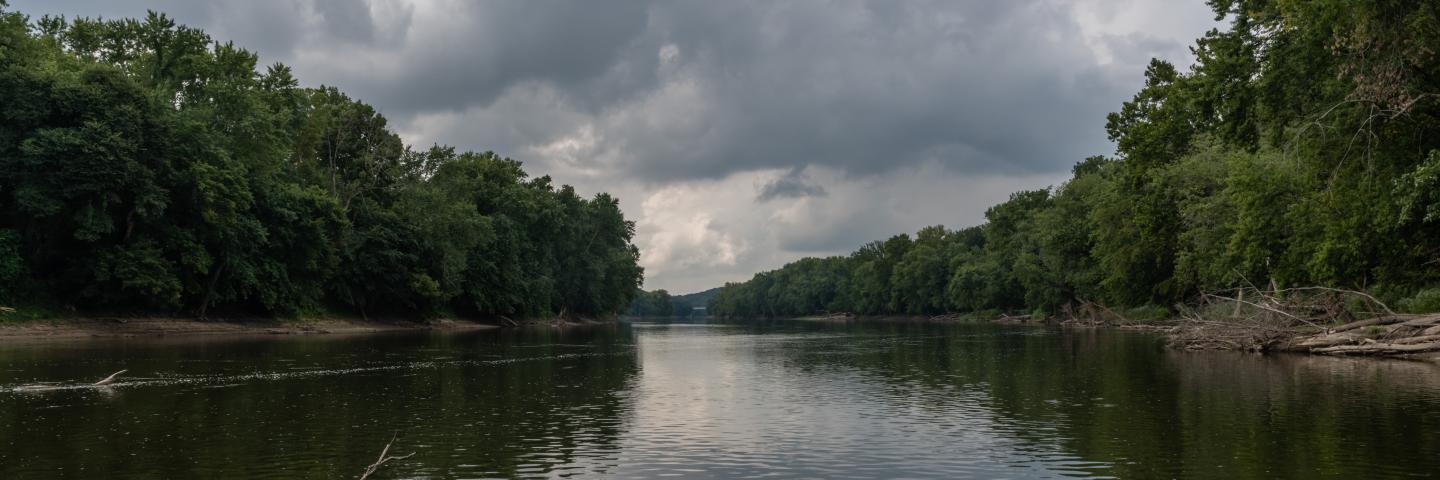Wabash River Project Receives More Than $15M to Advance Conservation and Climate-Smart Agriculture

The Regional Conservation Partnership Program (RCPP) is a partner-driven approach to conservation that funds solutions to natural resource challenges on agricultural land.
Indianapolis, IN, October 28, 2024 – The U.S. Department of Agriculture (USDA) today announced a historic $1.5 billion for 92 conservation projects through the Regional Conservation Partnership Program (RCPP), a partner-driven approach to conservation that funds solutions to natural resource challenges on agricultural land. Partners will provide an additional $968 million in contributions to amplify the impact of the federal investment. Included in this monumental award is the Wabash River RCPP Project in Indiana and Illinois, which will receive $15.75 million in funding.
Today’s investment is made with funding available through the Farm Bill and the Inflation Reduction Act. The Inflation Reduction Act is the largest investment in climate action and conservation, which has enabled USDA’s Natural Resources Conservation Service (NRCS) to boost funding for RCPP. In total, the Inflation Reduction Act provides $19.5 billion to support USDA’s oversubscribed conservation programs, including RCPP.
“The Regional Conservation Partnership Program is an example of public-private partnership at its best,” said Damarys Mortenson, State Conservationist in Indiana for USDA’s Natural Resources Conservation Service (NRCS). “Thanks to the boost in funding we’re able to invest even more in this important program and increase our conservation impact across Indiana, supporting our state’s farmers and forest landowners while at the same time protecting our natural resources.”
Led by The Nature Conservancy, the Wabash River RCPP Project will work to influence broad adoption of edge-of-field and in-field conservation practices for the central Wabash River Basin to address degraded water quality, inadequate habitat and necessary climate action. The project’s goal is to achieve improved freshwater species diversity and density measured by annual biological assessments at sites located within the 44 watersheds that make up the project geography in Indiana and Illinois. The project will also work to influence positive trends in habitat quality throughout the project area. Conservation practices implemented within the project area are expected to reduce sediment and nutrient loading and will be analyzed using the Environmental Protection Agency’s Region 5 model and datasets available at water quality gauges in the project area.
Other nationally awarded projects also support priorities in conservation and climate and can save farmers money and increase productivity. For example, there are six projects that support the use of innovative technologies to reduce enteric methane emissions in livestock. Additionally, 42 projects promote terrestrial wildlife habitat conservation and restoration, as directed by the recent USDA Secretarial memo: Conserving and Restoring Terrestrial Wildlife Habitat Connectivity Corridors.
NRCS also set aside $100 million for Tribal-led projects, part of a broader effort to support Tribes and Tribal producers through NRCS conservation programs. From this amount, NRCS has made seven awards to five different tribes and tribal entities.
To learn more about the 92 awarded projects visit: https://www.nrcs.usda.gov/programs-initiatives/rcpp-regional-conservation-partnership-program.
###

